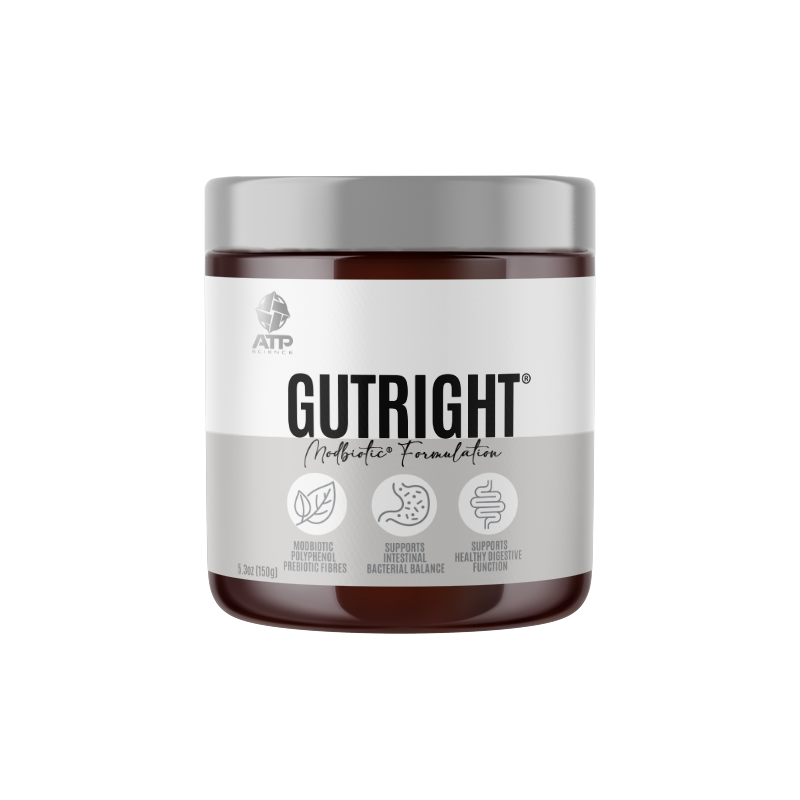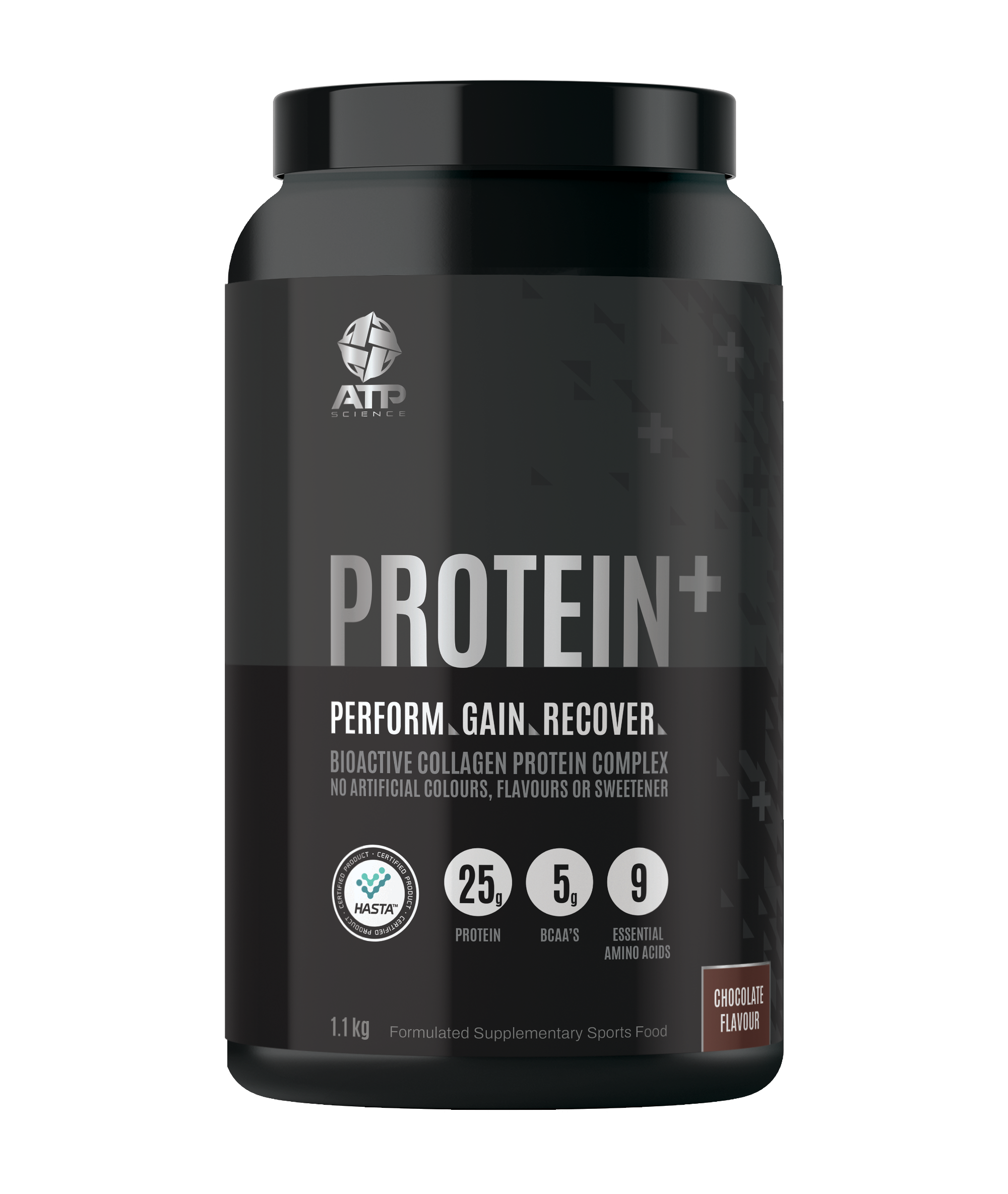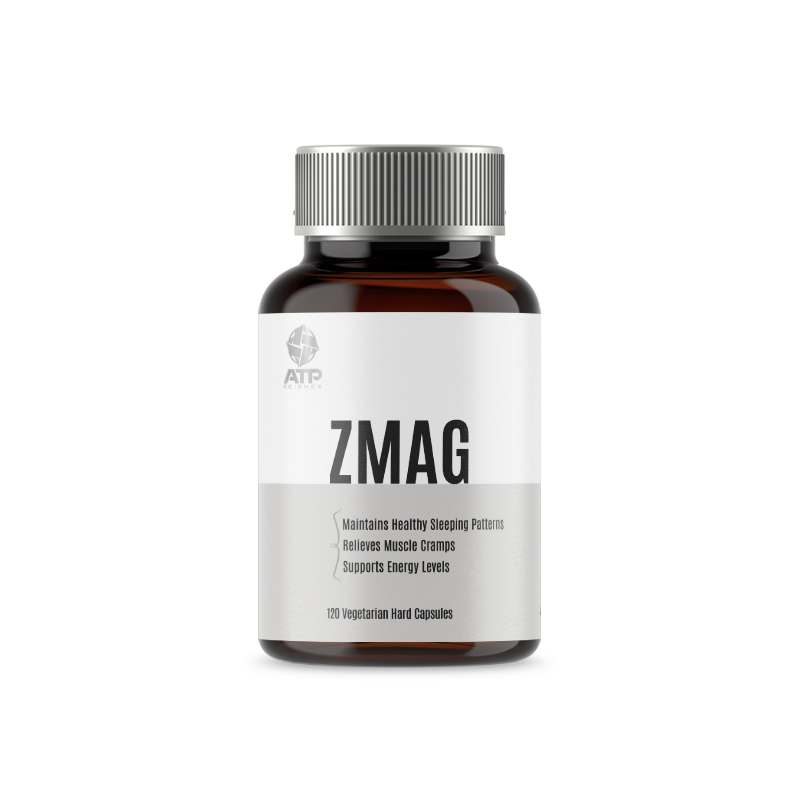Boswellia Serrata has been traditionally used for thousands of years. Ancient civilizations such as the Hindus, Persians, Babylonians, Chinese, Romans, and Greeks have used Boswellia as incense for numerous cultures and it is even used for embalming! Many of these cultures believed that the burning of this herb and the fragrance it produces soothes the souls and even pleases the Gods! It does smell that good.
In Ayurvedic medicine, Boswellia is one of the most prized medicinal herbs for the treatment of arthritis and inflammatory disorders. Not only is it used for the treatment of inflammation, but it is also an effective traditional remedy for dysentery, ringworm, boils, fevers, and skin disorders and was used for lung disorders and many other conditions. It was first recorded as a herbal medicine in the ancient Ayurvedic text ‘Charaka Samhita’ (700BC).
What Does The Science Say?
From a scientific point of view, Boswellia has been found to reduce 5-lipoxygenase, which is a pro-inflammatory enzyme implicated in numerous arthritic conditions. Interestingly, Boswellia also inhibits leukotriene B4, which is implicated in inflammatory lung diseases. And owing to the herbs thousands of years of traditional use, it has an impressive safety record. Some treatments are well known to disrupt glycosaminoglycan synthesis and this disruption leads to accelerated articular damage when someone is suffering arthritis. Boswellia actually reduces the degradation of glycosaminoglycans when compared to controls, thus benefiting the health of the joints.
Nuclear-Factor kappa Beta (NF-kB) is one of the most potent inflammatory chemicals and when it is in excess, inflammation follows. One of the components of Boswellia is incensole acetate. It is one of the many components of Boswellia that has been found to reduce inflammation. This particular component of Boswellia has been found to inhibit NF-kB.
Boswellia - One of the most Extensive Herbal Resumes
The great ‘resume’ of this herb begins at least 700 years BC, and it may have extended earlier than that. It has been used in many cultures and as a traditional herbal medicine for many years now. Traditional medicine has found that Boswellia may be used as an anti-inflammatory and modern science says Boswellia can be used as a mild anti-inflammatory used to treat a wide variety of inflammatory conditions. Boswellia is fairly safe with minimal side effects, making it one of the first choices for treating people with mild inflammatory conditions.
REFERENCES
Boswellia Serrata, A Potential Antiinflammatory Agent: An Overview M. Z. Siddiqui. Indian J Pharm Sci. 2011 May-Jun; 73(3): 255–261.
Ammon HP. Boswellic acids (components of frankincense) as the active principle in treatment of chronic inflammatory diseases. Wien Med Wochenschr. 2002;152:337–78.
Boswellia Serrata, A Potential Antiinflammatory Agent: An Overview M. Z. Siddiqui. Indian J Pharm Sci. 2011 May-Jun; 73(3): 255–261.
Moussaieff A, Shohami E, Kashman Y, Fride E, Schmitz ML, Renner F, et al. Incensole acetate, a novel anti-inflammatory compound isolated from Boswellia resin inhibits nuclear factor-kappa B activation. Mol Pharmacol. 2007;72:1657–64.
Boswellia Serrata, A Potential Antiinflammatory Agent: An Overview M. Z. Siddiqui. Indian J Pharm Sci. 2011 May-Jun; 73(3): 255–261.
















